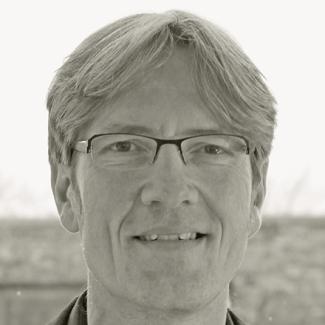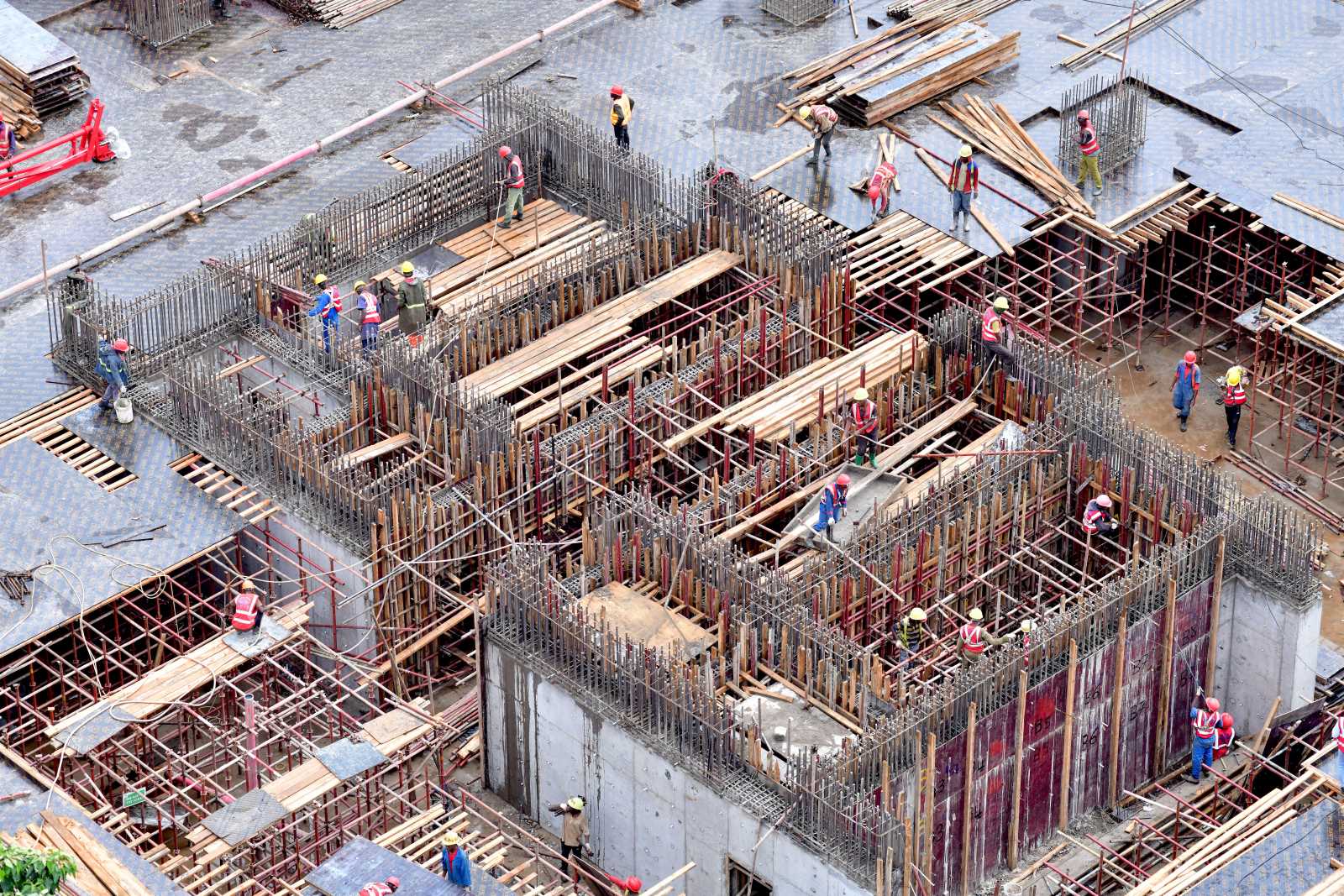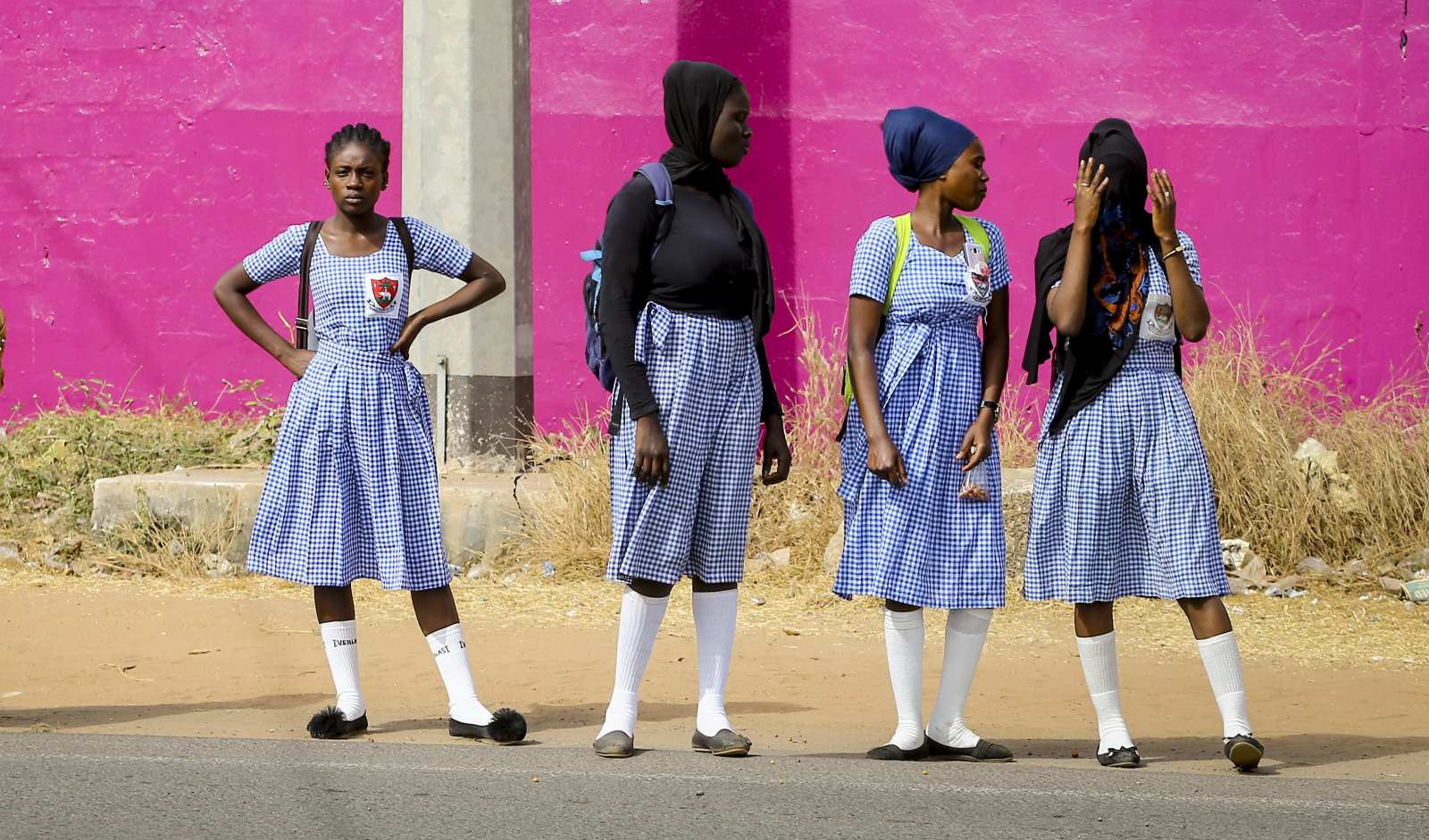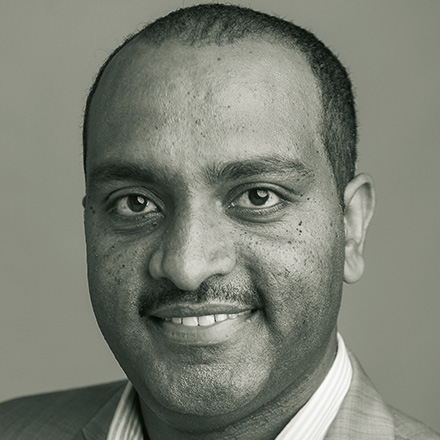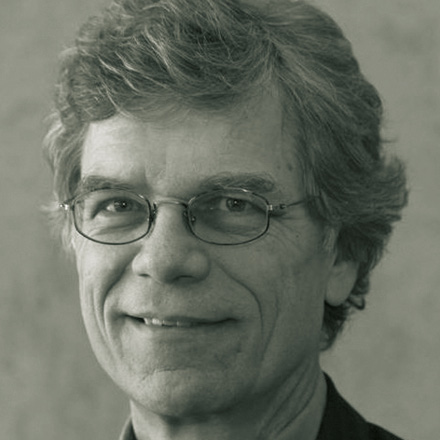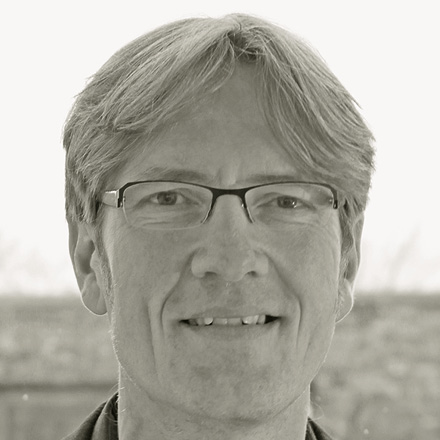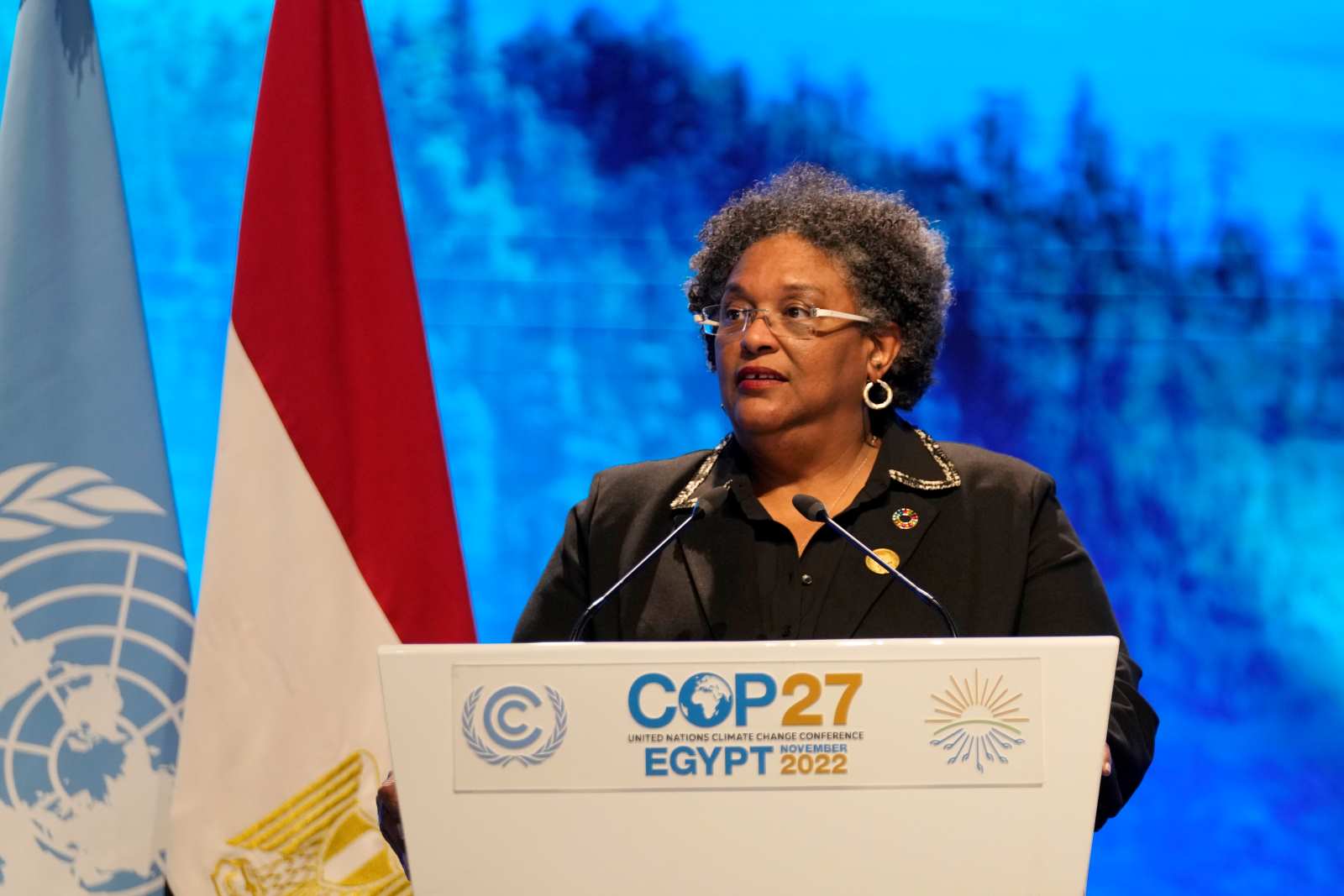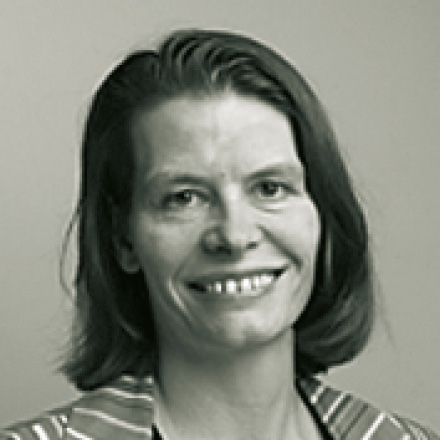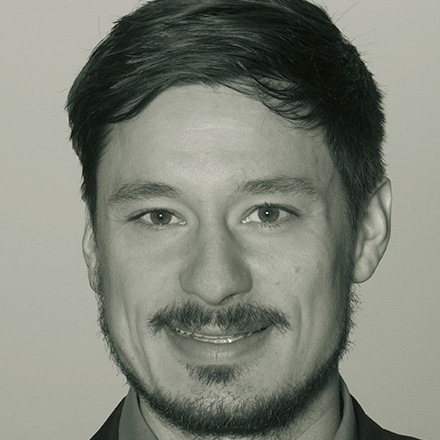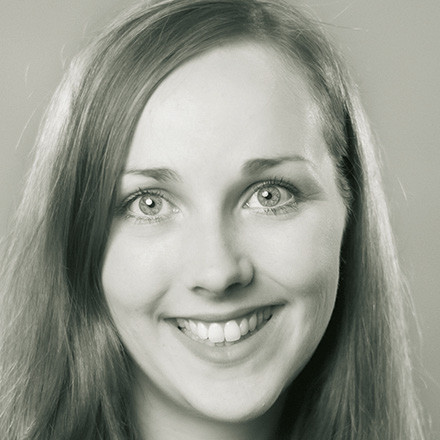Development financing
Rethink conditions for lending to African countries
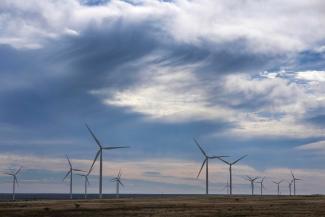
Calls have been coming from Africa for some time to reform international development financing. Many countries on the continent are nearly being crushed by their debt burden. A solution to this problem is urgently needed. Their demands are sometimes coupled with a reminder of the special responsibility western industrialised states bear because of their role during the colonial era. Critics also point out that the poorest countries have the fewest resources to protect themselves from the consequences of the climate crisis, which they have barely contributed to.
Europe also has demands for Africa. When it comes to debt – or limiting the debt burden, from an African perspective – widespread corruption is an obstacle from a European perspective. It causes a significant amount of external funds to be misappropriated in a variety of ways. Most concerning, the funds are not benefiting the common good, but rather private elites.
With regard to financing – or the provision of additional funds, from an African perspective – there are demands that the money also contributes to the desired result, especially to more investment. The chances of that happening increase if there are stable institutions like a dependable legal system. But in many African countries, this is not sufficiently the case.
In many countries of the global south, there is a regular aversion to such demands, which are perceived as lecturing. This attitude is being encouraged by the increasing competition between different creditors, particularly with China. Many African countries adopt a “neutral” position by speaking with various sides and accepting the offers that they consider advantageous.
Cooperation on equal footing
Much speaks in favour of adapting the European strategy in the pending discussions of development financing to reality. The central aim should be to actually establish “equal footing”. On the European side, that includes accepting that African governments do not necessarily intend to implement values as Europe understands them on a one-to-one basis. It would also be naive from a European perspective to universally offer financing on favourable terms and subject to conditions. Instead, actors could take a more differentiated approach than they have in the past.
Four different financing opportunities could look as follows: first, disaster relief could continue to be provided without conditions, for humanitarian reasons. Second, investment promotion could be based on Chinese conditions. Compared to European development financing, these tend to mean more expensive loans with greater collateral to cover payment problems. This approach would be used in purely commercial transactions – like extracting scarce resources – and creditors would largely avoid imposing conditions related to governance.
Third, when financing global public goods, especially climate protection measures, non-repayable funds are particularly appropriate. Since Europe has a strong interest in this area, conditions should be weak and could concentrate on ensuring that the funds are spent appropriately. A fourth financing pool could contain affordable funding to promote development. It would be reserved for countries that from a European perspective are moving in the “right” direction on their own in the institutional dimensions mentioned above. In Africa, this would be a relatively small group of countries.
Lukas Menkhoff is a senior researcher at the Research Center “International Development” of the Kiel Institute for the World Economy, professor emeritus of economics at the Humboldt University of Berlin and member of the Finance Group at HU Berlin.
lukas.menkhoff@ifw-kiel.de
Rainer Thiele is a professor of development economics and the deputy head of the Research Center “International Development” of the Kiel Institute for the World Economy. He is the director of the Kiel Institute Africa Initiative.
rainer.thiele@ifw-kiel.de

